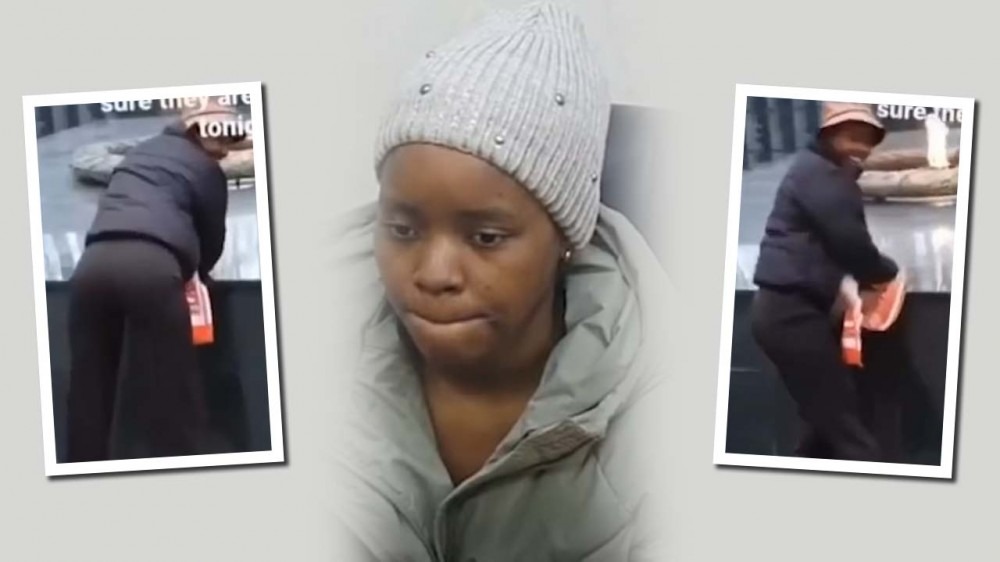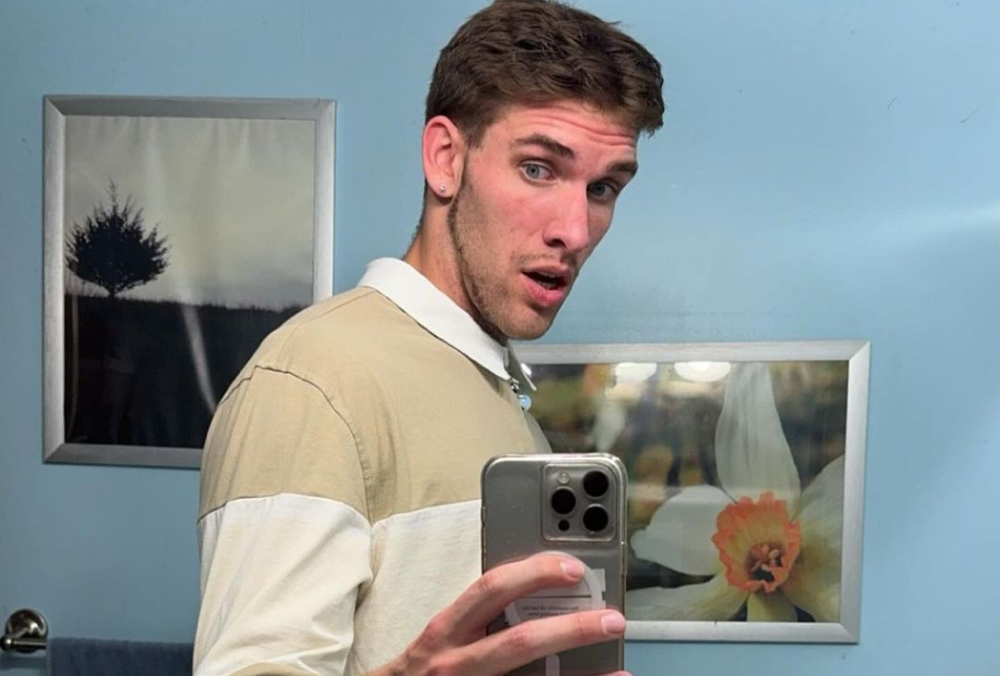With views from the intersection of wackness and anti-blackness, here’s a roundup of the crazy and the WTF happenings in government and the impact on the culture. This week, a Zambian woman gets locked up for twerking in Russia, and Mississippi’s infamous Parchman Prison gets slapped by the DOJ.

368 Views
Comments Off on Crazy Gubment Ish: Woman Detained In Russia For Twerking, Notorious Parchman Prison Slammed By DOJ
Twerking Equals Nazism?
A 21-year-old Zambian national, Tionge (Rebecca) Ziba, was detained after she posted a video of herself on Instagram that offended Russian officials.
The footage showed her twerking next to a World War II memorial in Khanty-Mansiysk. Along with the video, was a caption that said “Shaking a** for the dead, (I’m) sure they are sleeping (well) tonight.”
Russian investigators have described her actions as “obscene” and “insulting” and have charged her under Part 4 of Art. 354.1 of the Criminal Code, which accuses a person of “rehabilitating nazism”..
The regional investigative committee said in a statement that the video of Ziba dancing had been posted on social media “accompanied by an offensive inscription”.
Ziba is facing up to three years in prison as well as a fine of up to 3 million roubles ($38,772) if found guilty of “desecrating a symbol of Russian military glory”.
The Memorial of Glory in Khanty-Mansiysk was dedicated to soldiers who died during the war against Nazi Germany. The Russian Investigative Committee also published a video of Rebecca Ziba sitting in what seemed to be an interrogation room, where she both confessed and apologized.
“I didn’t want the video I posted to be offensive and disrespectful to the dead. I didn’t know what the memorial signifies. I apologize very much to everyone,” the student said in English. At the moment, it is unclear the conditions Ziba is held in or if she has any legal representation.
Zambia’s foreign ministry confirmed that 21-year-old Ziba has been released on bail, while her case was given to prosecutors in Khanty-Mansiysk.
Yo Gotti Grateful On Mississippi Prison Call Out
The Mississippi state prison that Jay-Z, Yo Gotti, among others had heavily criticized for their inhumane treatment of inmates is now labeled unconstitutional by the federal government.
The Department of Justice called out Mississippi’s Parchman State Prison Wednesday in an extensive 59-page report. The report itself discusses and criticizes the prison’s many shortcomings. Some of these shortcomings include inadequate mental health treatment, insufficient suicide prevention measures, as well as inadequate protection of inmates from violence.
Jay’s Team Roc lawyers had filed multiple lawsuits on behalf of the prisoners. This came after graphic videos that depicted the inhumane conditions inside Parchman were posted online. Gotti, who grew up near the prison, was outraged.
The report itself said Parchman’s conditions “violate the Eighth and Fourteenth Amendments to the U.S. Constitution.”
When talking to TMZ, Gotti said, “I’m grateful for the U.S. Department of Justice’s thorough report to hold the Mississippi Department of Corrections accountable for the cruel and inhumane treatment of the incarcerated population.”
The rapper declared that he will keep going in the fight for Parchman’s prisoners “until they receive the justice they deserve”. Meanwhile, the DOJ said it will be working with MS state officials to make the much-needed reforms.
Supreme Court Rejects Death Row Inmate’s Case On Juror Accused Of Holding Racial Bias
This past Monday, the Supreme Court denied an appeal from a death row inmate in Texas who said his jury was tainted by racial bias. The inmate, Kristopher Love, is a Black man who objected to the seating of a juror who believed “nonwhite races” to be more violent.
“When racial bias infects a jury in a capital case, it deprives a defendant of his right to an impartial tribunal in a life-or-death context,” Liberal Justice Sonia Sotomayor wrote, followed by Justices Stephen G. Breyer and Elena Kagan who had dissented.
The majority gave no reasons for not hearing Love’s appeal. Love was convicted of committing murder for hire. As part of jury selection in his case, prospective jurors filled out a questionnaire that asked, “Do you believe that some races and/or ethnic groups tend to be more violent than others?”
The white prospective juror in question said yes, with an explanation stemming from statistics. When questioned, the juror said he based his views on “news reports and criminology classes” rather than his “personal feelings toward one race or another”. He added that he did not “think because of somebody’s race they’re more likely to commit a crime than somebody of a different race.”
Love’s lawyers asked the judge to remove the juror but were declined. The appeals court ruled that the judge’s choice could not be contested because Love used his challenges.
Justice Sotomayor wrote: “A previously used peremptory strike does not eliminate the need to inquire into the juror’s bias. Biases capable of destroying a jury’s impartiality can take many forms. Whatever the nature of the bias, if a trial court seats a juror who harbors a disqualifying prejudice, the resulting judgment must be reversed.”
The justice added that the questioning of potential jurors played an important role in the effort “to cleanse our jury system of racial bias.”
“Safeguards like this, however, are futile if courts do not even consider claims of racial bias that litigants bring forward,” she wrote. “The task of reviewing the record to determine whether a juror was fair and impartial is challenging, but it must be undertaken, especially when a person’s life is on the line.”




